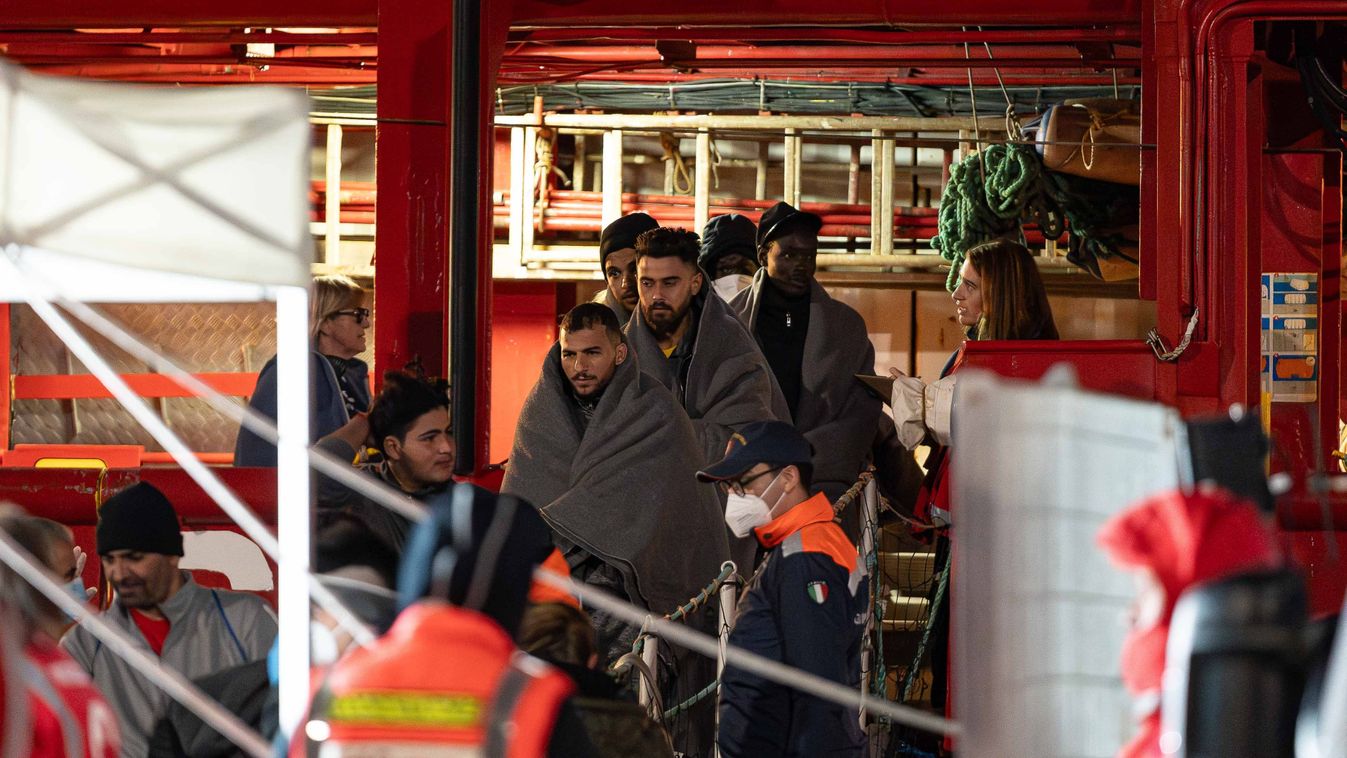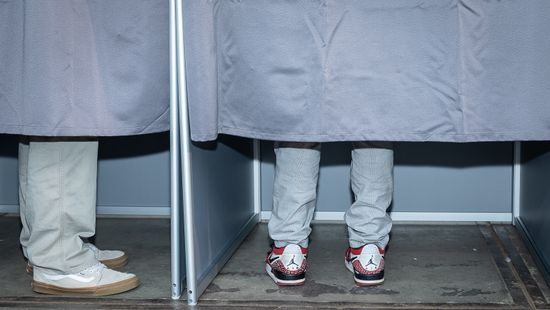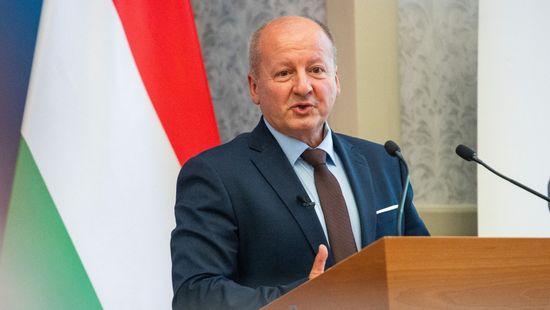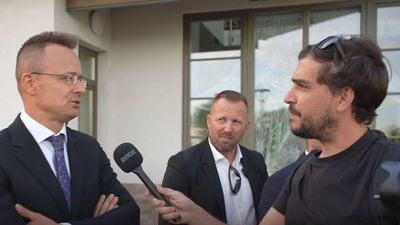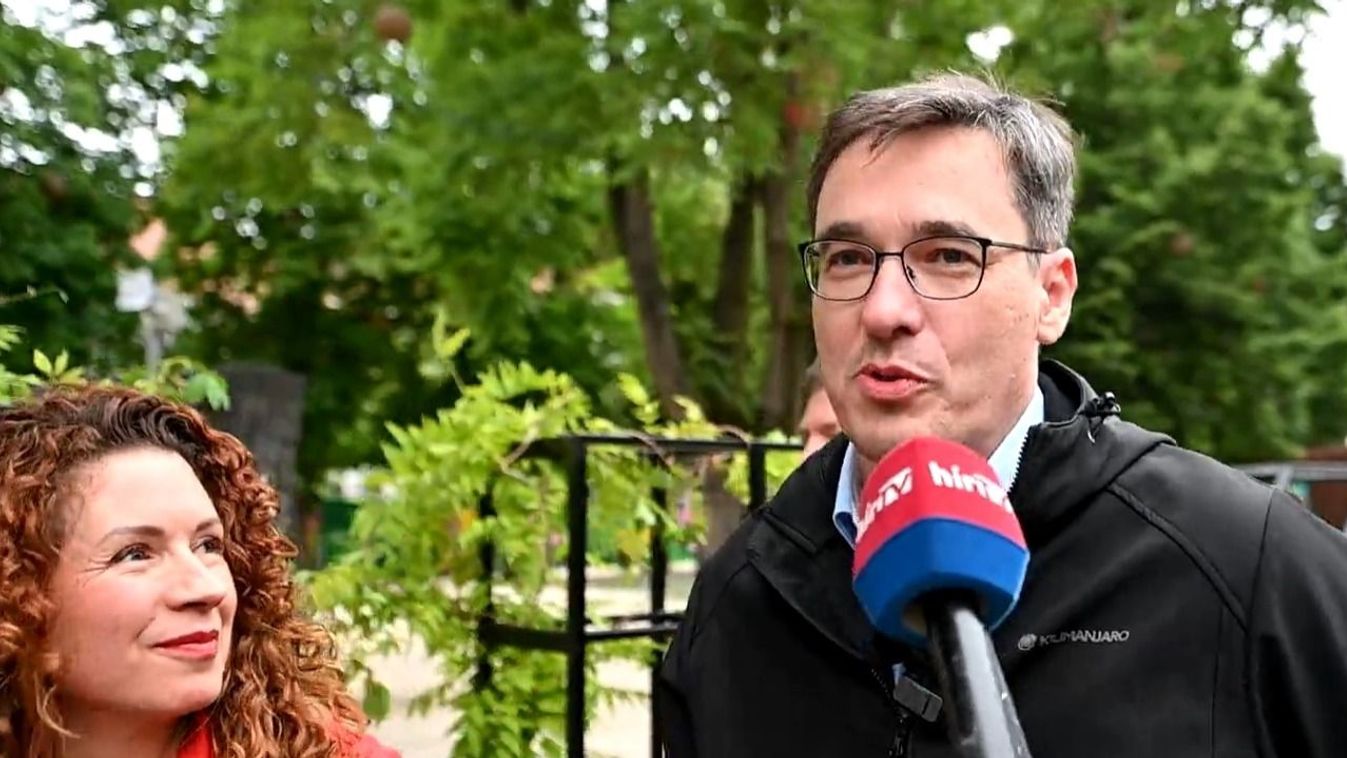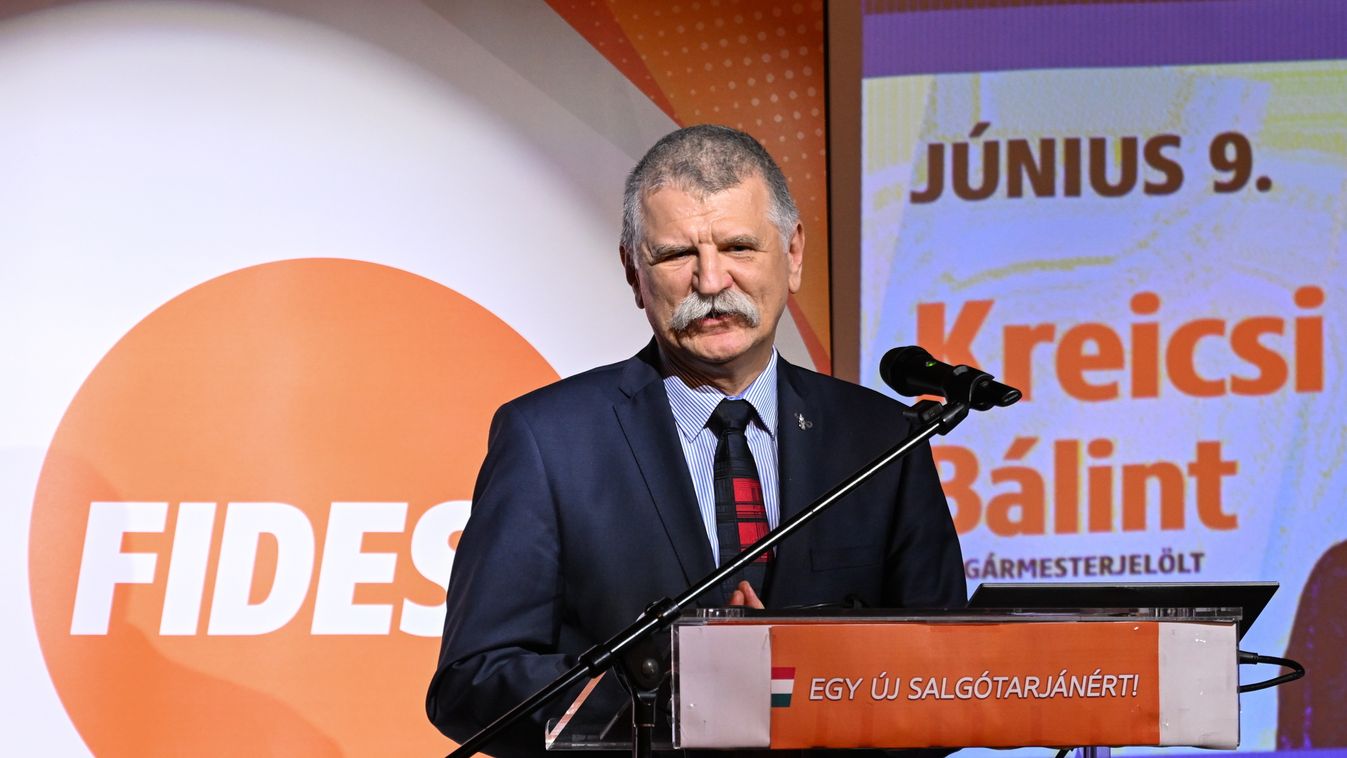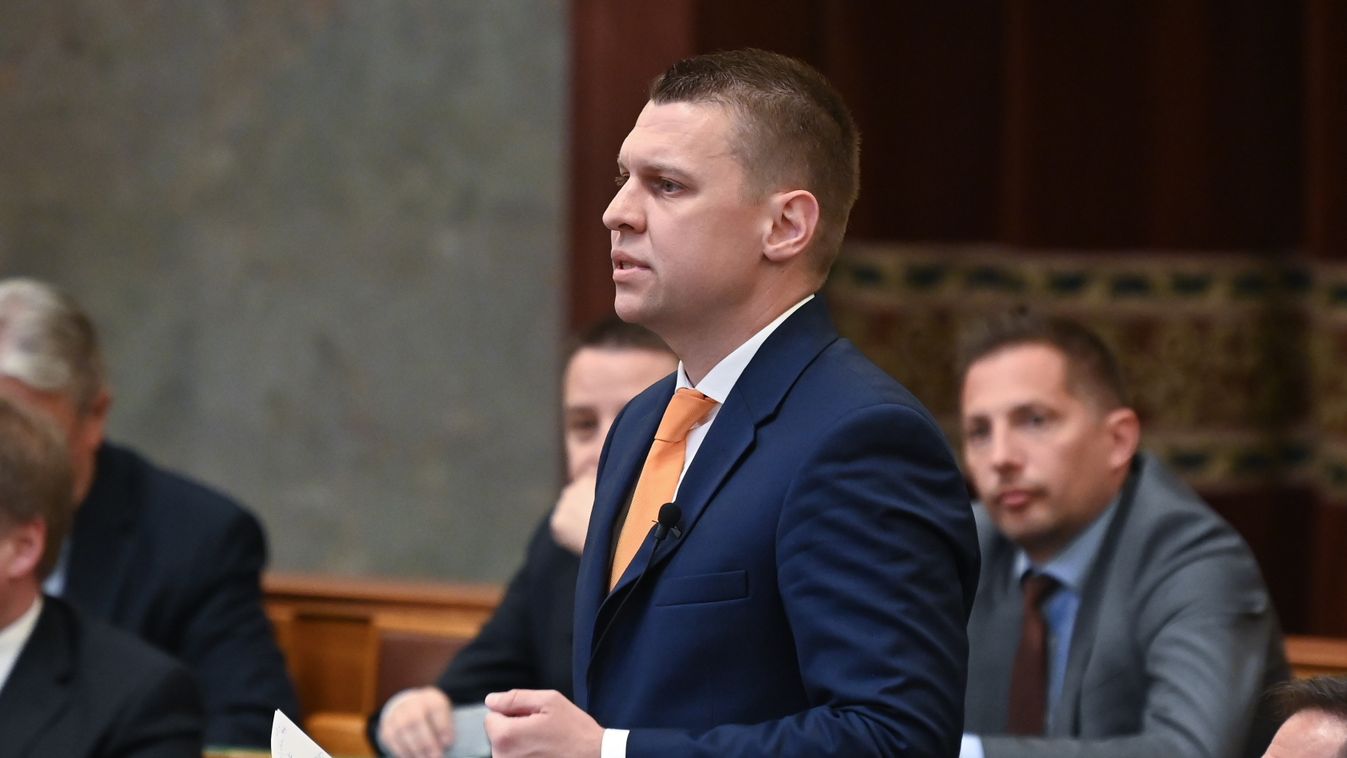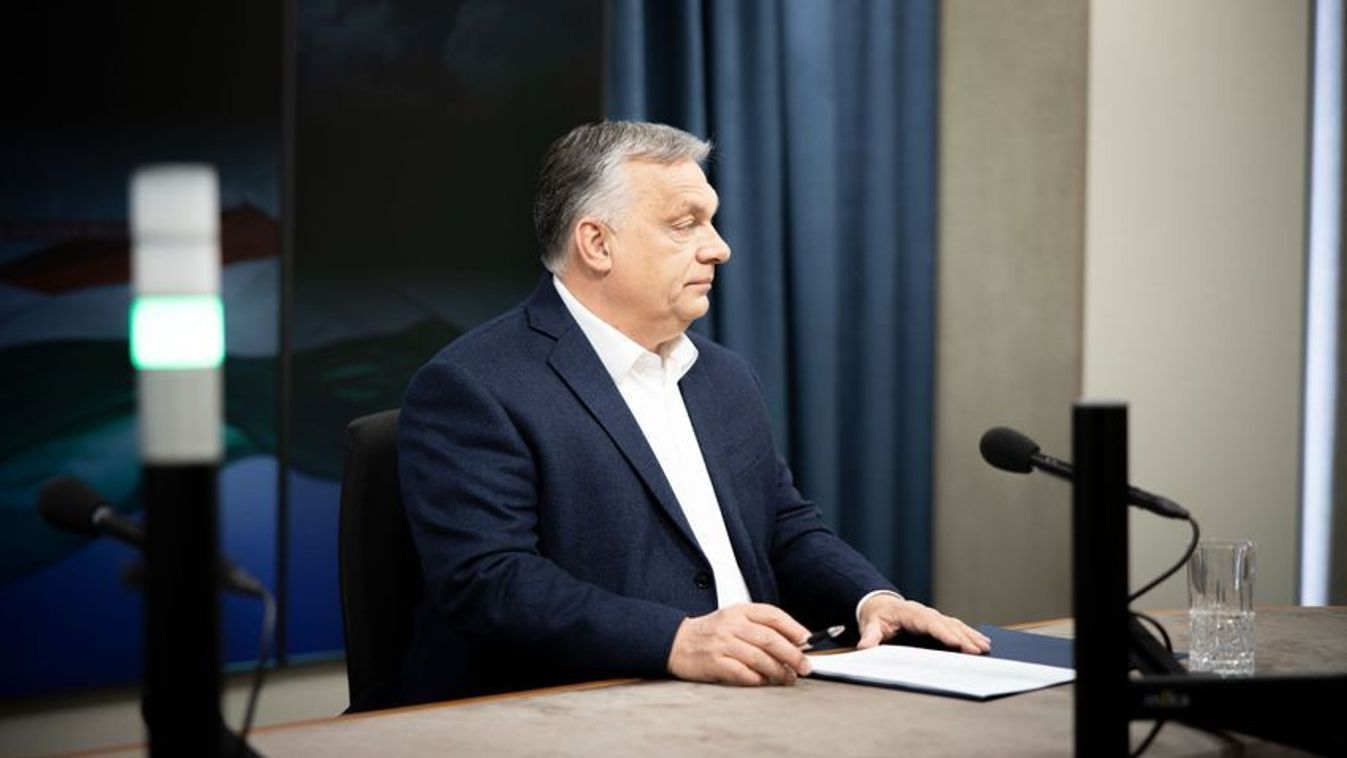On November 7, the German government decided to implement a less attractive immigration policy in order to curtail the number of newly arriving migrants. A week later, on November 14, the French Senate also adopted a new, stricter immigration law, while Austria advocates resettling illegal immigrants to a non-EU third country.
Meanwhile, Italian Prime Minister Giorgia Meloni announced on November 7 that her government's decision to use migrant facilities established in Albania could serve as a model for future cooperation between EU member and non-member states in the management of the migrant influx. The agreement basically contains three goals: combating human smuggling, preventing illegal migration flows, and admitting entry to only those already entitled to international protection in Europe.
The agreement signed in Rome by Meloni and Albanian Prime Minister Edi Rama states that migrants rescued at sea by Italian authorities will be sent to Albania. This does not apply to prior arrivals in Italy, to those picked up by NGO-operated research and rescue ships, or to children, mothers and other vulnerable individuals. Italy would set up the first reception and screening centers and manage the identification and disembarkation processes. In 2023, Italy received more than 145,000 illegal immigrants. Meloni stated that when the centers in Albania open in the spring of 2024, they will initially be able to receive around three thousand people, adding that Rome intends to increase their capacity to handle 36 thousand migrants a year.
The Albanian solution produces many consequences, two of which are particularly important: the viability of the solution and its impact on the Balkan route. In terms of viability, the primary issue is the repatriation of migrants to sub-Saharan Africa. This problem is not addressed by this approach, as either there are no such agreements, or the cost of deportation is too high, or African countries are unwilling to readmit their citizens.
Moreover, Albania is only delaying the migrants' path to the EU by placing illegal immigrants at the gates to the EU. This will not deter them from trying to break into the EU, as Albania is a European country close to Italy and other EU countries such as Croatia.
Given that the European Union decided to start accession negotiations with Albania back in March 2020, the question arises as to how long Albania can be a third country location tasked with mitigating illegal migration into Italy. Issues of infrastructure, resources and control mechanisms were not sufficiently taken into account by the Albanian government. Albania is not prepared to deal with the wave of illegal migration. If things continue like this, Italy will have to take in more than 100 thousand illegal immigrants each year. This burden is simply too great to be outsourced to Albania. Albania's opposition parties argue that the government is disregarding the consequences ensuing from this commitment to help Italy.
The main concern, however, is Albania's role in human trafficking in the Balkans. Albanian and European sources report that Albanian border control officials are frequently suspected of corruption. Dozens of people were detained in April 2022 as a result of a joint Kosovo-Albania police operation aimed at uncovering bribery at border crossing points. Kosovo and Albanian authorities reported that more than fifty police officers were arrested at the Vermice border crossing point as part of a police probe into bribery and corruption.
Earlier in 2022, forty-eight border police officers and two customs officers were detained in an investigation on suspicion of accepting bribes at two other Kosovo-Albania border crossing points, Qafe e Prushit and Qafe Morine. The border police officers arrested had engaged in 312 corrupt acts, such as allowing the entry of illicit goods, allowing individuals to traffic vehicles and assisting people with legal problems to cross the border in order to reach the EU.
The EU is aware that corruption exists in the Balkan countries, especially among those in charge of border control. In August 2021, the European Commission called on the Western Balkan countries to improve their handling of immigration and asylum issues and step up the fight against organized crime and corruption. It goes without saying that the new deal between Italy and Albania, outsourcing thousands of migrants, would offer plenty of business opportunities for people smugglers active in Albania.
Diverting illegal migrants from the Mediterranean to the Balkan route would increase pressure on Croatia (from Montenegro) and Hungary (from Serbia). In September 2023, Frontex reported 81,830 migrants having entered the EU via the Western Balkan route, while 131,630 migrants made a landfall in Italy. Moving part of the burden from Italy to the Western Balkans would only shift the problem to another region. In addition, the influx of migrants from Croatia, Slovenia and Serbia has created tensions in Central Europe and Italy. The situation in the Western Balkans is therefore expected to deteriorate further as a result of the plan dubbed the Albanian solution.
The European Union has steadfastly applied its patching-up approach to tackling migration. These responses have led to more complex issues. The first step toward a viable solution is a restrictive policy that does not provide false optimism to illegal migrants and at the same time shuts off the potential for people smugglers.
The authors are senior researchers at Szazadveg Foundation

